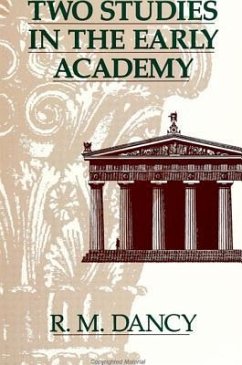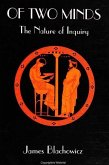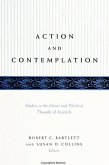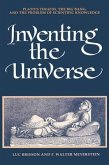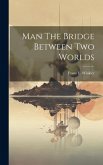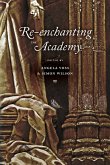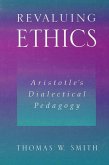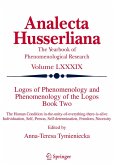This book presents two new interpretations of the evidence regarding the metaphysical ideas of two important figures in Plato's Academy, Eudoxus and Speusippus, and of Aristotle's reaction to those ideas. The central question has to do with Plato's "Theory of Forms." The first interpretation portrays Eudoxus reviving a view of Anaxagoras' and advocating that the Forms are physical ingredients in things. This has affinities with Aristotle's own view, so it is interesting that Aristotle argues for its rejection. The essay extracts Aristotle's arguments from material in late sources and examines them in depth. The second interpretation discusses Speusippus' replacement of the Theory of Forms with a theory that derives all that there is from the One, which does not itself exist. His argument for this strange position is reconstructed, and the relations between the theory of causality, to which it is opposed, are laid out. The Academy was not a source of dogma, but of discussion. In reconstructing central aspects of that discussion, these interpretations seek to get behind mere reportage of what little is known to the actual arguments current in the halls of the Academy.
Hinweis: Dieser Artikel kann nur an eine deutsche Lieferadresse ausgeliefert werden.
Hinweis: Dieser Artikel kann nur an eine deutsche Lieferadresse ausgeliefert werden.

